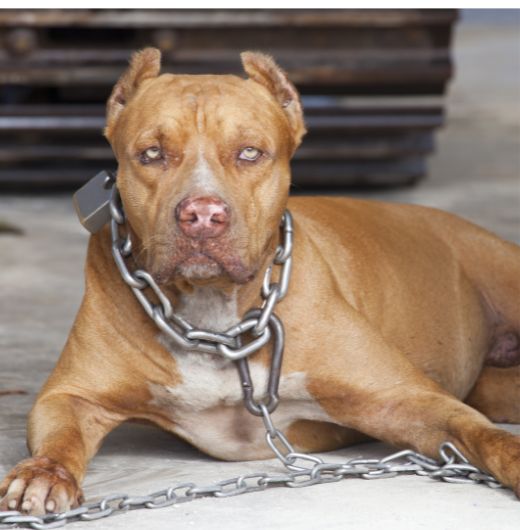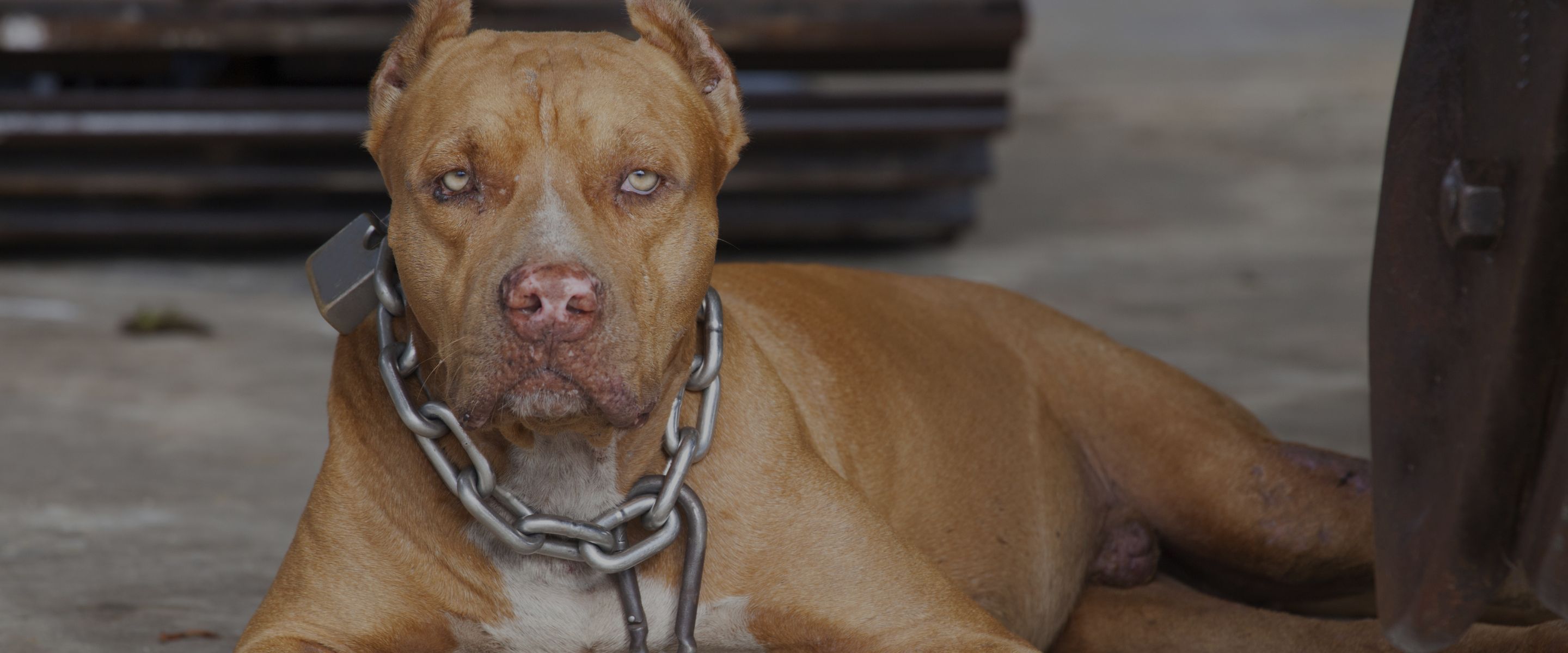Under Ontario’s Dog Owners’ Liability Act (DOLA), individuals who “possess or harbour” a dog can be considered owners. Therefore, if a dog walker is bitten while in control of the dog, they may be deemed an owner and might not be able to sue the legal owner for damages.
If a dog bite injury or attack happens to a caregiver, can the dog’s legal owner be held responsible for the injuries?
Under the Dog Owners’ Liability Act, the right to bring a claim depends largely on whether the injured person is considered an “owner” of the dog at the time of the incident. An owner can be anyone with custody or control over the animal, even temporarily.
Dog walking, pet sitting, and boarding kennels have become indispensable services for pet owners across Ontario. As people increasingly rely on third parties to care for their dogs while at work or away, the pet care industry has grown rapidly, and so have the legal questions that accompany it. One of the more complex issues arises when a dog injures someone who is not a stranger, but rather someone hired to care for the animal: a dog walker, kennel worker, or pet sitter.
If a dog bites or attacks a professional caregiver, can the dog’s legal owner be held responsible for the injuries? In these cases, the dog’s owner may face legal responsibility for failing to control or restrain their dog, depending on the circumstances. The answer is not always straightforward.
While Ontario’s Dog Owners’ Liability Act imposes strict liability on owners for injuries caused by their dogs, the application of that liability can be limited in situations involving individuals who voluntarily assume the risk of working closely with animals.
Understanding the legal landscape — and the limitations of liability under Ontario law — is essential for anyone in the business of animal care who suffers an injury while on the job.
Understanding the Dog Owners’ Liability Act (DOLA)
The Ontario’s Dog Owners’ Liability Act (R.S.O. 1990, c. D.16) imposes strict liability on dog owners for injuries or damages caused by their dogs. This Act is grounded in Ontario’s laws regarding dog ownership and public safety. In simple terms, this means that if a dog bites or attacks someone, the owner is legally responsible — even if the dog had never shown signs of aggression before, and even if the owner did nothing wrong. There is no need to prove negligence or fault.
But the law contains a crucial nuance that often surprises people: it defines the term “owner” more broadly than most would expect. Under Ontario dog bite law, which is a key part of dog bite law in the province, the Act states that an “owner” includes not only the legal or registered owner of the dog, but also any person who “possesses or harbours” the dog. This extended definition can have significant legal implications.
For example, if you are walking, boarding, or caring for someone else’s dog at the time of an incident, such as a bite or attack, you may, under the law, be treated as a dog owner’s legal equivalent yourself, with all the responsibilities imposed by the Act.
The Key Case: Wilk v. Arbour (2017 ONCA 21)
In the dog attack case of Wilk v. Arbour, the Ontario Court of Appeal provided a significant interpretation of the term “owner” under the Dog Owners’ Liability Act (DOLA). The court clarified that “owner” encompasses not only the legal owner but also any individual who possesses or harbours the dog.
Specifically, the court emphasized that a person who has physical possession and control of a dog immediately before an incident can be considered an “owner” under the Act. This interpretation means that individuals such as dog walkers, pet sitters, or kennel workers, who temporarily care for a dog, may be deemed owners at the time of an incident and thus may not be entitled to sue the legal owner for injuries caused by the dog.
The court’s decision underscores the importance of understanding the broad definition of “owner” in the context of the DOLA and the implications it has for those who assume temporary care of dogs. Navigating these legal definitions can be complex, and having experienced legal representation is crucial to ensure your rights are protected and your case is handled properly.
Matt and his team helped my son who was viciously attacked by a German Sheappard a few years ago. My son suffered very severe facial and shoulder injuries – and psychologically, has never been the same. Thank you Matt, and your team, for taking care of our case. – Veronica Chow.
So, Can You Sue?
Although it’s best to consult our Hamilton Personal Injury Lawyers, the right to bring a claim depends largely on whether the injured person is considered an “owner” of the dog at the time of the incident. As clarified in Wilk v. Arbour, this includes not only the legal owner but also anyone who possesses or harbours the dog — meaning anyone who has custody or control over the animal, even temporarily.
✅ Who might have a valid claim under DOLA:
- A pedestrian bitten by an off-leash dog in a park. They had no involvement with the dog, so they are clearly not an “owner.”
- A delivery driver attacked by a dog at a private residence. The driver was on the property lawfully and had no responsibility for the dog.
- A child visiting a friend’s house who is bitten by the family dog. The child was not harbouring or controlling the dog in any way.
❌ Who might not have a valid claim under DOLA:
- A professional dog walker bitten during a routine walk. The courts may view them as having “possessed” or “harboured” the dog at the time of the bite, making them a co-owner in the eyes of the law.
- A kennel employee injured while feeding or caring for a boarded dog. Since they are in control of the dog and responsible for its care, they may be legally classified as an owner.
- A friend or neighbour watching someone’s dog while they are away. If they assume care and control of the dog — feeding it, letting it outside, or walking it — they may not be able to sue under the Act if bitten.
The key question is control and custody. If you’re injured by a dog you have no control over, you may have a strong claim. If you’re caring for the dog — even briefly — the law may treat you as partly responsible, which can bar or complicate your claim under the strict liability provisions of DOLA.


Building Your Case: The Importance of Medical Records and Documentation
When it comes to pursuing a dog bite injury claim in Hamilton, thorough documentation is your strongest ally. After a dog bite or attack, the steps you take to record your injuries and related losses can make all the difference in the outcome of your case. Under the Dog Owners’ Liability Act, dog owners are held strictly liable for the harm their dogs cause, but to seek compensation and secure a fair settlement, you must be able to clearly demonstrate the extent of your injuries and the impact on your life.
The first and most important step is to seek medical attention immediately after a dog bite. Prompt treatment not only protects your health, but also creates an official record of your injuries—essential evidence for your dog bite lawyer. Be sure to keep copies of all medical records, including emergency room visits, hospital stays, surgeries, and follow-up appointments. If your injuries require ongoing care, such as physical therapy or plastic surgery, document every session and keep receipts for all related medical bills.
Dog bite injuries often go beyond physical pain. Many victims experience psychological trauma or develop post-traumatic stress disorder (PTSD) after a dog attack. If you are struggling with anxiety, nightmares, or other symptoms, it’s important to seek psychological treatment and keep records of counselling sessions, therapy appointments, and any prescribed medications. These documents help your Hamilton dog bite lawyer show the full scope of your suffering, both physical and emotional.
Financial losses are another key part of your claim. Save documentation of lost wages if your injuries prevent you from working, as well as any other expenses related to your recovery. The more detailed your records, the stronger your case will be when seeking compensation from the dog’s owner.
In addition to medical and financial records, gather as much evidence from the scene of the dog bite or attack as possible. Take photographs of your injuries, the location where the incident occurred, and any visible warning signs (or lack thereof). If there were witnesses, ask for their contact information and written statements. Your Hamilton dog bite lawyer can help you organize this evidence and ensure nothing is overlooked.
Acting quickly is crucial—not only for your well-being, but also to preserve evidence and strengthen your dog bite case. The sooner you consult with a Hamilton dog bite lawyer, the better your chances of building a comprehensive claim and achieving a fair settlement. Remember, as a dog bite victim, you have the right to seek compensation for your injuries, and experienced dog bite lawyers in Hamilton are here to guide you every step of the way.
Have you been attacked or bitten by a Dog?
If you’ve been injured in a dog attack — whether while walking in your neighbourhood, visiting someone’s property, or even while working in a pet care role — it’s important to understand your legal rights. Hamilton dog bite lawyers have extensive experience handling dog bite cases and dog attack cases, providing expert legal support for victims. While Ontario law does offer protections to dog bite victims, determining liability can become complicated, especially in cases where the injured person had temporary custody or control over the animal.
Our Hamilton dog attack lawyers have represented victims of serious dog attacks throughout Hamilton and across Ontario since 2003. We have handled cases involving serious injuries, severe injuries, broken bones, soft tissue injuries, puncture wounds, physical injuries, psychological injuries, and lasting physical scars. These injuries can result in significant medical expenses and may require ongoing medical treatment from medical professionals. Promptly seeking medical professionals and medical treatment after an attack is crucial for your health and for documenting your injuries.
As a leading personal injury law firm and law firm specializing in personal injury law, we serve dog attack victims and are committed to helping you recover financial compensation for your losses, including medical expenses, lost wages, pain and suffering, and psychological trauma. We also have experience with animal attack, domestic animal, and domestic animals cases, and regularly address Hamilton dog bites as a common issue in our practice. Our firm also handles other personal injury cases, such as car accident claims.
We offer a free consultation and free case evaluation for all potential clients, making it easy to understand your legal options without any upfront costs. Our team is skilled in negotiating out of court settlements, but we are always prepared to go to court if necessary. It is important to act quickly to protect your legal rights and ensure all deadlines are met. In dangerous dog cases, we advise clients on the importance of following court orders for custody immediately to ensure public safety.
If you or a loved one has been bitten or attacked by a dog, don’t hesitate to reach out. Call us today at 905-333-8888 or fill in a contact form to schedule your free consultation today.
Article FAQ
“Possess or harbour” refers to having custody or control over a dog, even temporarily. This includes situations where someone is walking, feeding, or caring for the dog, thereby assuming responsibility for its behavior.
Yes, if the dog’s owner was negligent—such as failing to disclose known aggressive tendencies of the dog—the dog walker might have grounds to sue. Negligence claims require proving that the owner knew or should have known about the dog’s dangerous behavior.
Both the legal owner and the person in control of the dog at the time (e.g., the dog walker) can be held jointly liable for injuries caused by the dog. This joint liability arises because both are considered owners under DOLA.
Victims of dog attacks may be entitled to compensation for medical expenses, lost income, pain and suffering, emotional trauma, and future care needs. Each case depends on the specific injuries and circumstances.


